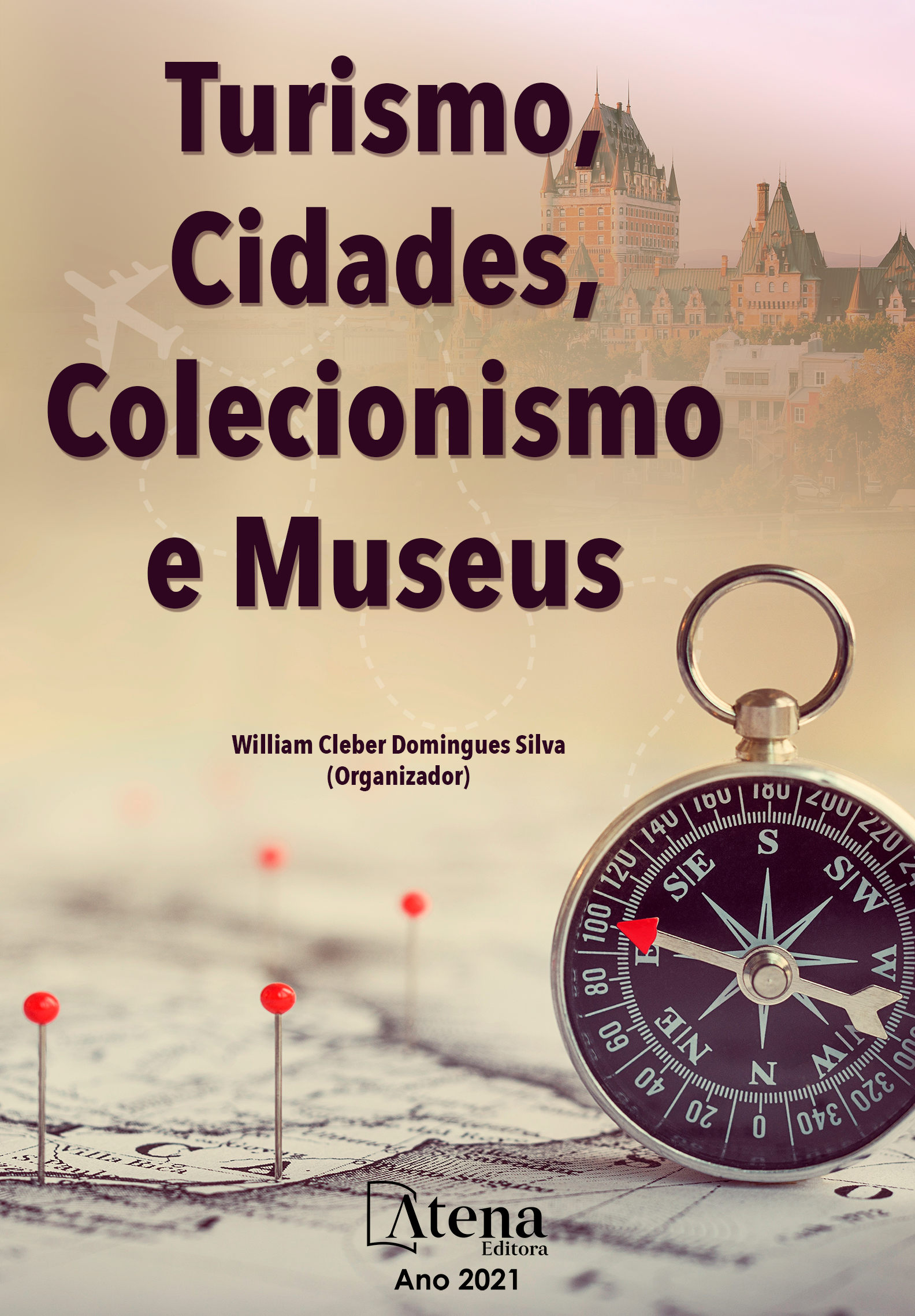
O CONCRETO PENSADO: ALGUMAS CATEGORIAS ANALÍTICAS PARA UMA ANÁLISE SOCIOLÓGICA DO FENÔMENO TURISMO
Já foi dito que há tantas definições de turismo quanto os autores que se dedicam ao tema. Isto porque apresenta múltiplas dimensões, mas sua magnitude como atividade econômica geradora de emprego, renda, divisas e lucros faz com que a produção científica da área seja hegemonicamente economicista, com o turismo sendo apresentado coisificado, como objeto de marketing e gestão. De minha parte conceituo turismo como um fenômeno social que se realiza com o deslocamento em viagens de turistas a lugares, expressão da era industrial capitalista moderna que envolve a oferta de serviços econômicos de hospitalidade, cuja racionalidade impacta dimensões espaciais, ambientais, socioculturais, morais e (geo)políticas de países e sociedades, como as comunidades hospedeiras dos empreendimentos. Assim, reconheço a dimensão econômica do turismo, mas rejeito o enfoque meramente positivista, e me proponho a pensar o concreto, a manifestação aparente do fenômeno, colocando-o dialeticamente em suspensão para o seu trato ao nível do abstrato, em busca das estruturas profundas do seu processo de realização societária em constante mutação. Isto é o que trabalho objetiva contribuir, identificando e relacionando algumas categorias analíticas para a análise sociológica, enriquecendo a Turismologia enquanto ciência e a Sociologia do Turismo como campo de saber. Ademais, uma vez que novos termos vêm aflorando em busca do estatuto de conceito, de se tornarem operacionalizáveis como categorias de análise para pensar o real, realçam que o fenômeno turismo merece a atenção das ciências sociais pelas suas próprias características, mas também enquanto elemento central de diversas e profundas mudanças socioculturais e políticas nas sociedades que, ao transformar-se, transformam o fenômeno.
O CONCRETO PENSADO: ALGUMAS CATEGORIAS ANALÍTICAS PARA UMA ANÁLISE SOCIOLÓGICA DO FENÔMENO TURISMO
-
DOI: 10.22533/at.ed.42421310321
-
Palavras-chave: Turismo; Sociologia; Imaginário; Turista Híbrido.
-
Keywords: Tourism; Sociology; Imaginary; Hybrid Tourist.
-
Abstract:
It has already been said that there are as many definitions of tourism as the authors who dedicate themselves to the theme. This is because it has multiple dimensions, but its magnitude as an economic activity that generates employment, income, foreign exchange and profits makes the scientific production in the area hegemonically economist, with tourism being presented as objectified as a marketing and management object. On my part, I conceptualize tourism as a social phenomenon that takes place when tourists travel to places, an expression of the modern capitalist industrial era that involves the provision of economic hospitality services, whose rationality impacts spatial, environmental, sociocultural, moral and cultural dimensions. (geo) policies of countries and societies, such as the communities hosting the developments. Thus, I recognize the economic dimension of tourism, but I reject the purely positivist approach, and I propose to think about the concrete, the apparent manifestation of the phenomenon, placing it dialectically in suspension for its treatment at the level of the abstract, in search of the deep structures of its process of societal realization in constant mutation, to which the present work aims to contribute, identifying and relating some analytical categories for its sociological analysis, enriching Tourism and Tourism Sociology as a field of knowledge. Furthermore, since new terms have emerged in search of the concept status, of becoming operable as categories of analysis to think the real, they emphasize that the tourism phenomenon deserves the attention of the social sciences for its own characteristics, but also as a central element of diverse and profound socio-cultural and political changes in societies that, in transforming themselves, transform the phenomenon.
-
Número de páginas: 14
- Hélio Fernando Lôbo Nogueira da Gama


